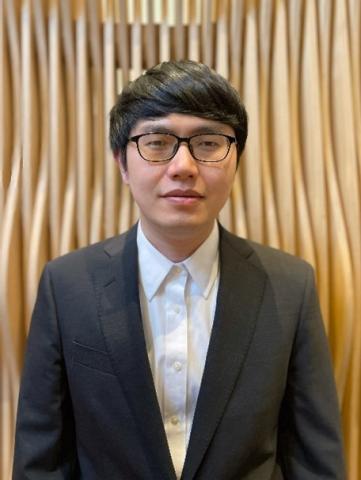event
CSE Faculty Candidate Seminar - Haoyu Cheng
Primary tabs
Name: Haoyu Cheng, postdoctoral scholar at Dana-Farber Cancer Institute and Harvard Medical School
Date: Thursday, February 8, 2024 at 11:00 am
Location: Coda Building, Second Floor, Room 230 (Google Maps link)
Link: The recording of this in-person seminar will be uploaded to CSE's MediaSpace
Title: Digital Genome Reconstruction with De Novo Assembly
Abstract: De novo genome assembly, a methodology that reconstructs the genome without relying on a reference, has been a central problem and remains one of the most challenging tasks in bioinformatics for four decades. With the advancement of long-read sequencing technologies, assembly algorithms now have the capacity to routinely reconstruct high-quality diploid human genomes at an affordable cost. This significant progress facilitates comprehensive research and clinical studies on even the most complex genomes, as well as paves the way to the personal genome era. In this talk, I will present a suite of algorithms that I built for de novo genome assembly, including hifiasm (Cheng et al, Nature Methods, 2021), hifiasm (Hi-C) (Cheng et al, Nature Biotechnology, 2022) and hifiasm (UL) (Cheng et al, Nature Methods, accepted, 2024). These algorithms are designed to generate optimal genome assemblies by integrating various data types. Furthermore, this talk will explore potential improvement to the de novo genome assembly methodology and its application in emerging research areas.
Bio: Haoyu Cheng is a Postdoctoral Scholar working with Dr. Heng Li at Dana-Farber Cancer Institute and Harvard Medical School. Previously he obtained his Ph.D. degree in Computer Science from the University of Science and Technology of China. His research primarily focuses on developing computational methods for genomic data, with a particular emphasis on de novo genome assembly and its applications. His hifiasm algorithm has been widely used and has already become the dominant long-read genome assembler since its publication in 2021. In under three years, hifiasm has garnered over 1,600 citations, and has been funded by the K99/R00 Pathway award from the National Institutes of Health (NIH).
Status
- Workflow status: Published
- Created by: Bryant Wine
- Created: 01/30/2024
- Modified By: Bryant Wine
- Modified: 01/30/2024
Categories
User Data
Target Audience

